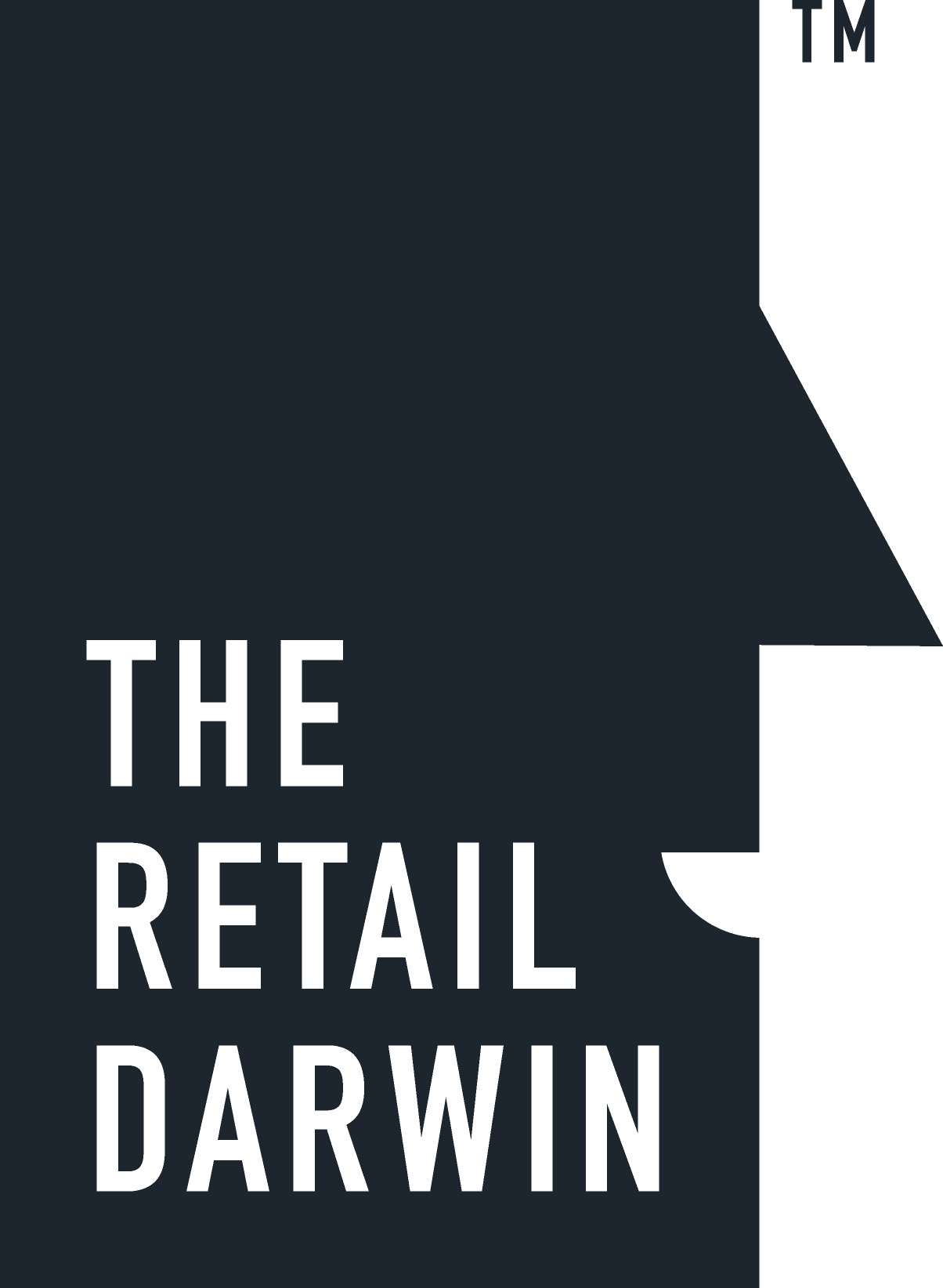The Internet of Smart Things
What about IoT’s impact on retail?
In 1982, a group of Carnegie Mellon scientists wanted to check the inventory of their vending machine without leaving their desks. They came up with a solution that was revolutionary—they connected the machine to the Internet. In 2018, you don’t need a PhD in computer science to set up a smart vending machine. The hardware programming and the Internet of Things (IoT) has been made accessible to everyone.
IoT is expected to surpass mobile phones as the largest network of connected devices in 2018, driven largely by consumer products, which account for 63% of the market. The number of connected “things” worldwide increased 31% in 2017 and will balloon to 20.4 billion by 2020; they range from connected homes with Hiku, a fridge magnet that integrates with your shopping lists, and Colgate’s smart toothbrush sold exclusively in Apple Stores that can analyze your brushing habits and shows where you need improvement, to autonomous cars, and smart cities.
Retailers are arguably at the cutting-edge of this trend. We have already seen smart shelves and robotic sales assistants, as well as sensors and RFID tags used to monitor goods and see how a store is performing. Research has found IoT to be vital in transforming retailers to be experience-based, helping them combine the online and in-store experiences, and turning the store into a place of entertainment.


